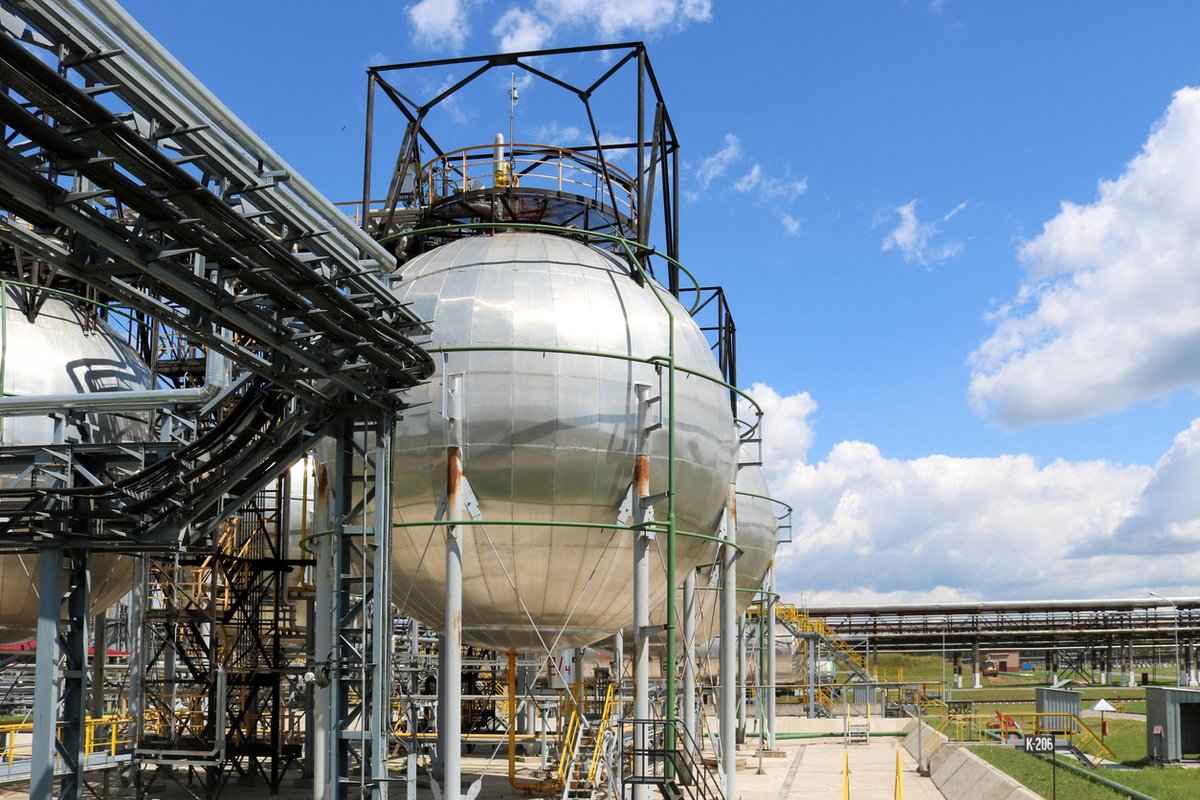COP27: Developing nations poised to gain from shipping’s green transition - IMO
Developing nations stand to reap the most benefits from shipping's green transition, given the massive opportunities for green bunker fuel production, a group of international organisations say.

PHOTO: Model of hydrogen energy storage with renewable energy sources - photovoltaic and wind turbine power. Getty Images
The prediction came from International Maritime Organisation (IMO), United Nations Conference on Trade and Development (UNCTAD), International Renewable Energy Agency (IRENA) and the World Bank.
On the sidelines of COP27 in Egypt this week, IMO secretary-general Kitack Lim said shipping decarbonisation requires a rapid move away from fossil fuels towards to zero-carbon alternatives.
The World Bank's global transport director Nicolas Peltier said the World Bank will be promoting green ammonia and methanol production in Morocco, Colombia and Brazil, and hydrogen production in Namibia. According to him, shipping's decarbonisation can be a boost for developing countries' ambition to become key green fuel suppliers.
The IMO reports that Namibia has begun laying the groundwork to become an alternative fuel exporter. Namibian conglomerate Ohlthaver & List (O&L) and Belgian clean technology company CMB.TECH have agreed to develop Namibia's first green hydrogen plant by 2024, which will produce green hydrogen for the shipping industry.
Chile's energy minister Diego Pardow stresses that his country's abundance of renewable energy will be used to produce fuel for the maritime sector in the future. Chile has long been considered a strategic location for green fuel production because of its sources of renewable energy, especially solar and wind, and "it has the potential to become one of the world's cheapest producers of green hydrogen," the Port of Rotterdam said earlier this year.
Brazil aims to become a biofuel hub, and Oman wants to become one of the world's leading hydrogen hubs, with the goal of producing 1 million mt of green hydrogen by 2030. The Sultanate will export zero-carbon bunker fuel to the Netherlands, as announced at the climate conference.
Other developing nations like India have also expressed intent to become green hydrogen hubs for the maritime sector. “The future hinges on investing in non-fossil fuels. This is a great opportunity for developing countries with solar, wind, thermal, hydro, or biomass energy. Innovative financing mechanisms will be needed," said UNCTAD secretary-general Rebeca Grynspan.
A.P. Moller - Maersk will work with Egyptian authorities to conduct a feasibility study on green hydrogen-based marine fuel production in Egypt by the end of the year. It is also working with the Spanish government to produce up to 2 million mt/year of green methanol.
The Danish shipping giant’s chief advisor on climate & green transition public & regulatory affairs Concepción Boo Arias says, “Green methanol is ready to use right now but the main challenge is to scale up production.”
By Konica Bhatt
Please get in touch with comments or additional info to news@engine.online






